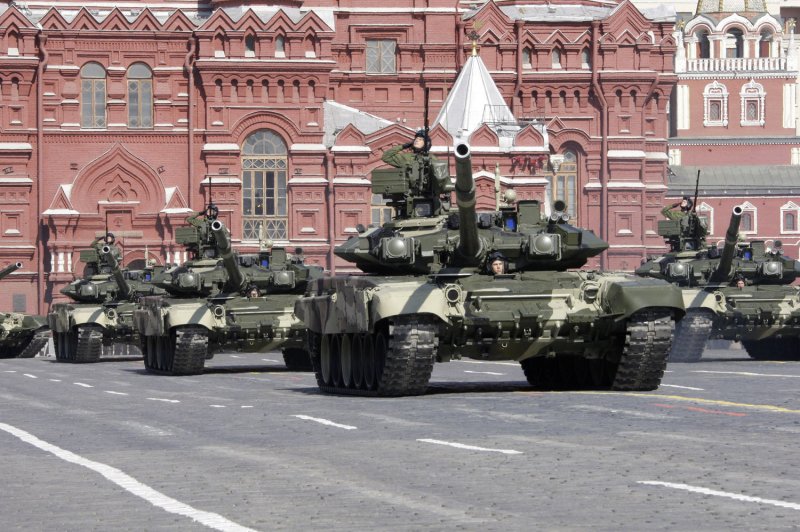MOSCOW, Dec. 26 (UPI) -- Russia's newly-revised military doctrine, revealed Friday, identifies the United States and NATO as major threats.
The first revision of the doctrine since 2010 was approved by Russian President Vladimir Putin and posted to the Kremlin website Friday. New sections note a threat Russia identifies from the expansion and increase in military activity by NATO, noting it regards the bloc's recent buildup as "violation of international law." The document mentions "strategic antiballistic missile systems," which have been expanded by NATO and the United States, as a specific threat. It also notes the hazard of foreign troops in countries adjoining Russia.















